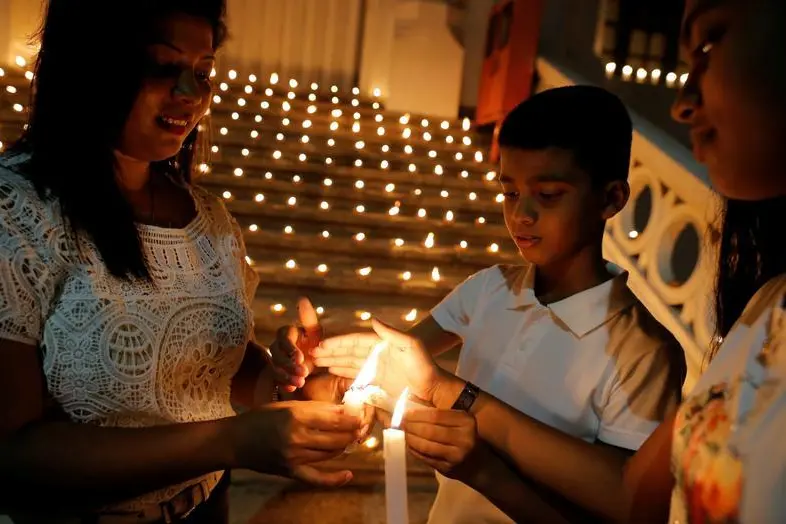PHOTO
MUMBAI - Poor crisis management may cost Sri Lanka. The Easter Sunday attacks on churches and hotels have led to political infighting and a botched death toll that needed to be significantly revised downward. Such sloppiness makes it more likely that the small South Asian economy will be vulnerable to the worst kind of collapse in overseas visitors.
Sri Lanka is known for sandy beaches and picturesque hill station, along with better infrastructure than its large neighbour India. Tourism indirectly accounts for nearly 12 percent of the roughly $90 billion economy and almost the same proportion of employment, according to the World Travel & Tourism Council. The jobs figure was projected to rise by over 2 percentage points within a decade.
A prolonged slump is now more likely. Regional guests, such as those from India, are typically less deterred by state-issued travel warnings. Yet Colombo’s failure to act on foreign intelligence signalling the attacks, according to media reports, which were claimed by Islamic State though allegedly carried out by a group that included two sons of a Sri Lankan spice tycoon, is troubling. It adds to the sense that a public rift between President Maithripala Sirisena and Prime Minister Ranil Wickremesinghe may leave the country vulnerable and encourage international travellers to choose less fraught destinations than what had been Lonely Planet’s top spot for 2019.
In Egypt, for example, the $30 billion tourism business has yet to reach levels from before the onset of the violent so-called Arab Spring rebellions in 2010, according to the world travel council, while Tunisia’s visitor numbers are only just rebounding. By contrast, greater Paris welcomed record visitors in 2017 following coordinated attacks in the City of Lights in late 2015, the Convention and Visitors Bureau estimates. Greater confidence in French security services may have something do with it.
In Sri Lanka, the bumbled response may mean protracted financial dependence. Its GDP had been expected to grow 3.2 percent this year, according to Capital Economics, but the research consultancy now reckons it will be 1 percent. As a result, Colombo may have to lean harder on a $1.5 billion borrowing programme with the International Monetary Fund or push politicians to court investment from China. Economic strain will only add to the heartbreak.
CONTEXT NEWS
- Sri Lanka on April 25 revised down the official death toll by about 100 to 253 from suicide bomb attacks carried out on churches and hotels on Easter Sunday.
- President Maithripala Sirisena and Prime Minister Ranil Wickremesinghe denied seeing advance Indian intelligence warnings about the attack, Reuters reported, citing unnamed officials.
- The country’s national police chief refused to accept Sirisena's request to step down, two unnamed sources told Reuters on April 27.
- The U.S. State Department said groups were continuing to plot attacks and cautioned its citizens against travelling to Sri Lanka. India and Britain have also warned their nationals to avoid travelling to Sri Lanka.
(Editing by Jeffrey Goldfarb, Karen Kwok and Bob Cervi)
© Reuters News 2019





















